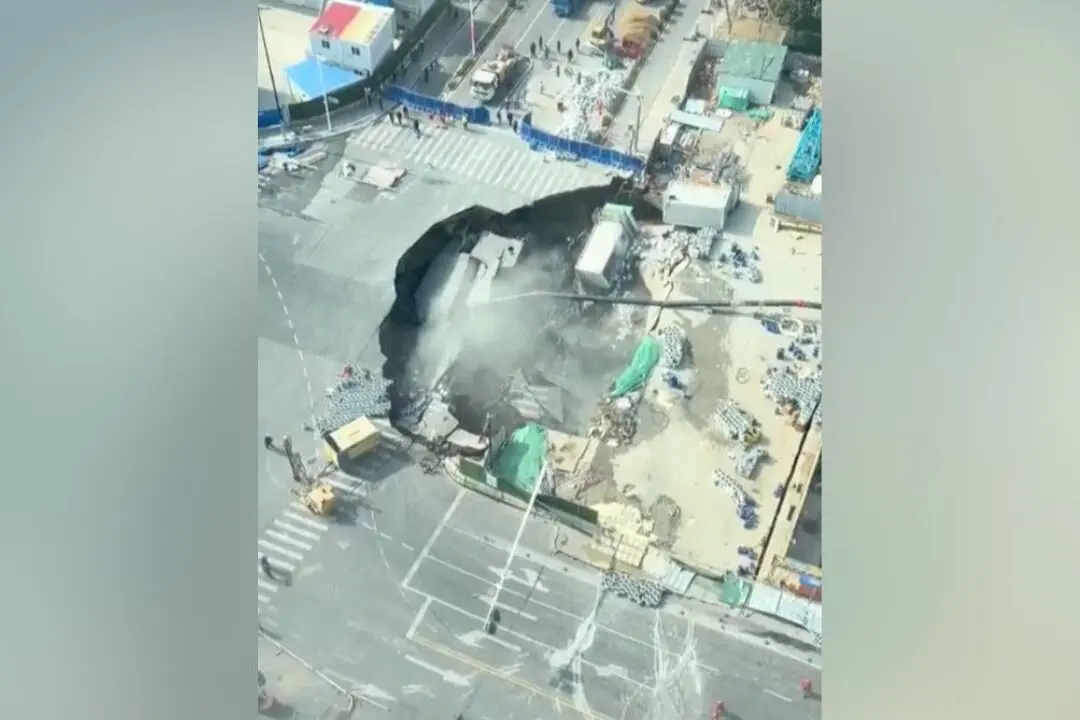China’s defense minister Li Shangfu is visiting Russia and Belarus this week. Analysts say what led the newly-appointed minister to travel to Moscow, the second in four months, appeared to be the goal of taking attention away from its economic troubles at home.
Gen. Li on Tuesday reiterated the Chinese regime’s stance on Taiwan, vowing to thwart what he described as efforts to use the Taiwan issue to “contain” the regime.




